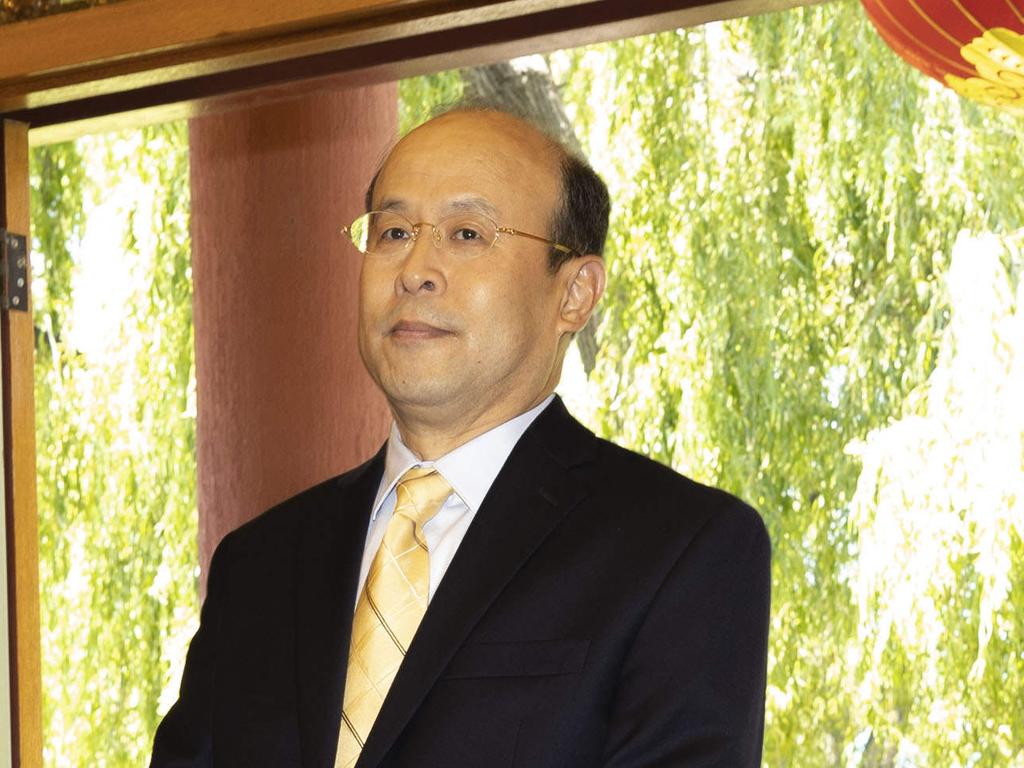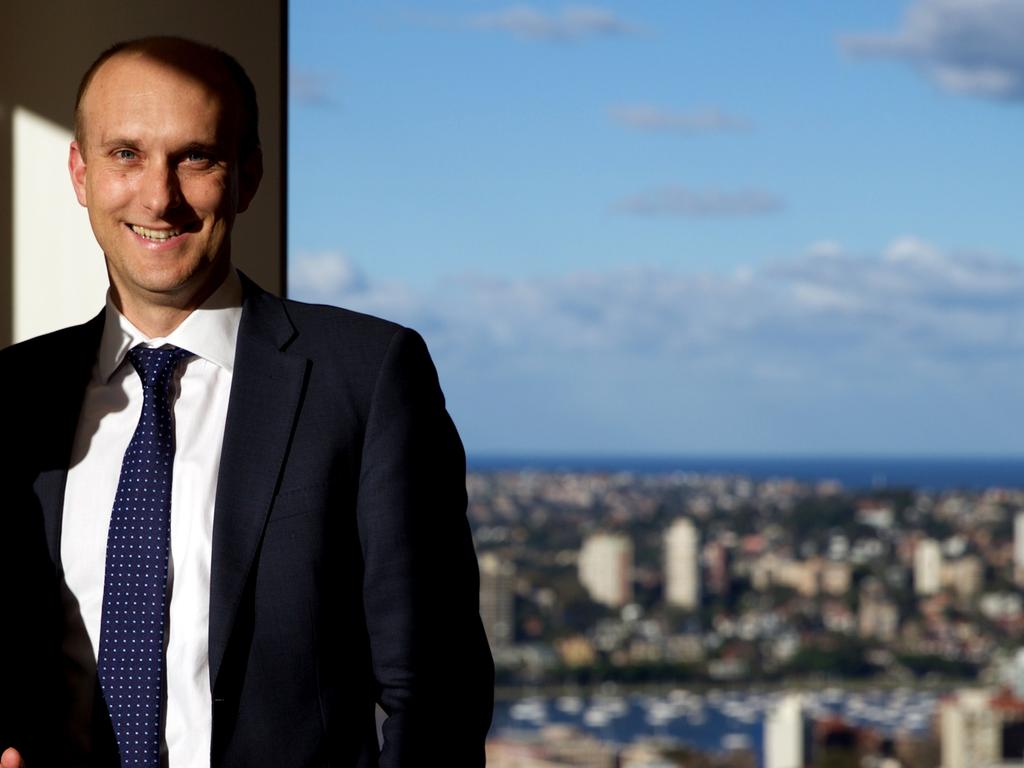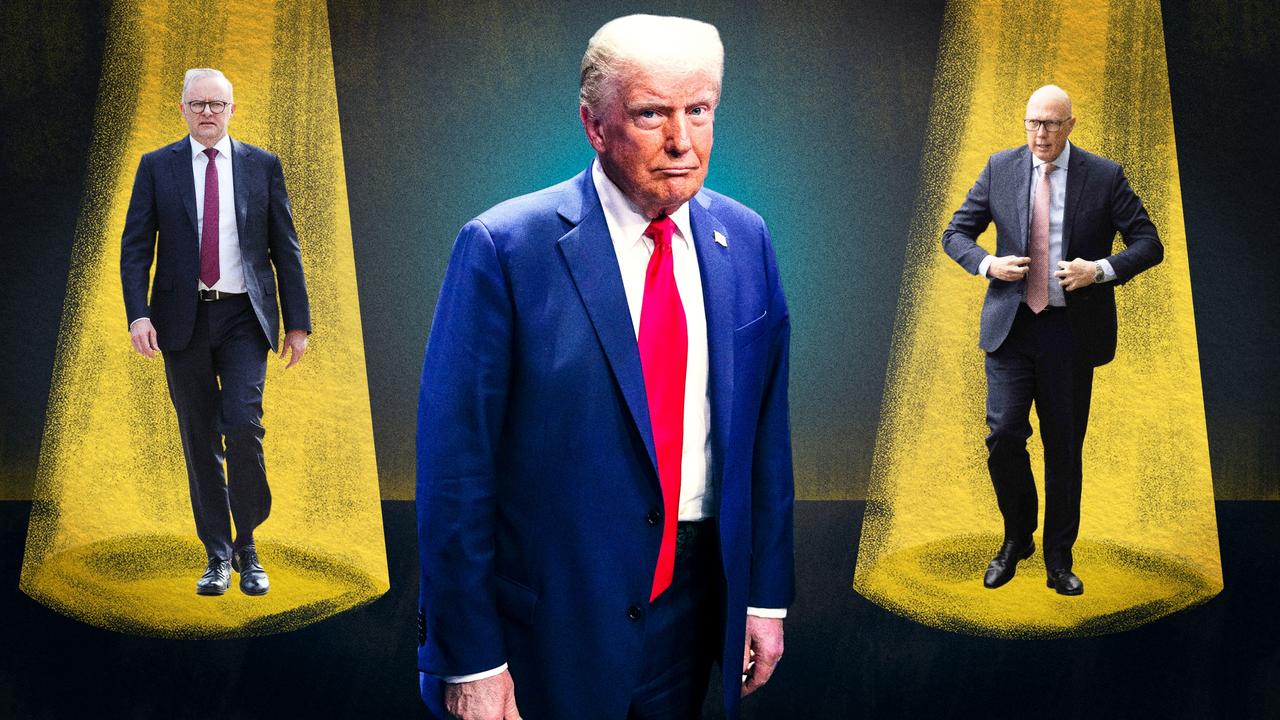Australia and China agree to discuss ending trade ban
The first meeting of Chinese and Australian trade ministers since 2019 is expected to take place within weeks.
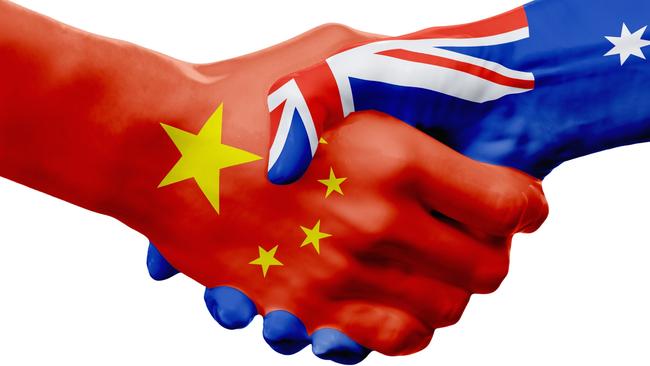
The first meeting of Chinese and Australian trade ministers since 2019 is expected to take place within weeks, offering the Albanese government a clear opportunity to secure progress in easing Beijing’s trade sanctions regime.
The breakthrough was reached during Thursday night (AEDT) on the sidelines of the World Economic Forum in Davos, Switzerland, as Assistant Trade Minister Tim Ayres held a 45-minute meeting with China’s Vice Minister of Commerce, Wang Shouwen.
Government sources described the meeting as “productive” and “constructive”, with an agreement reached to set up a video meeting between Trade Minister Don Farrell and his Chinese counterpart, Wang Wentao.
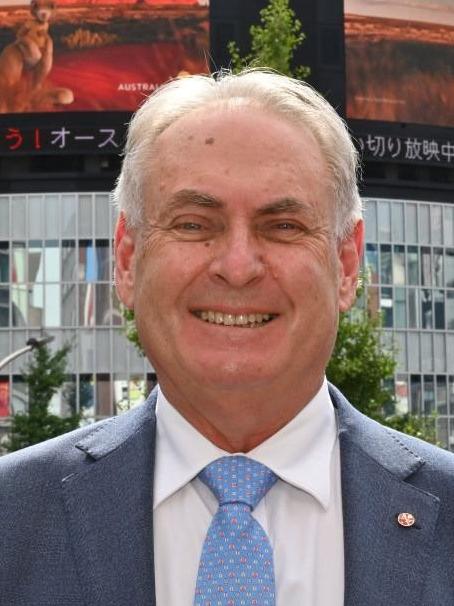
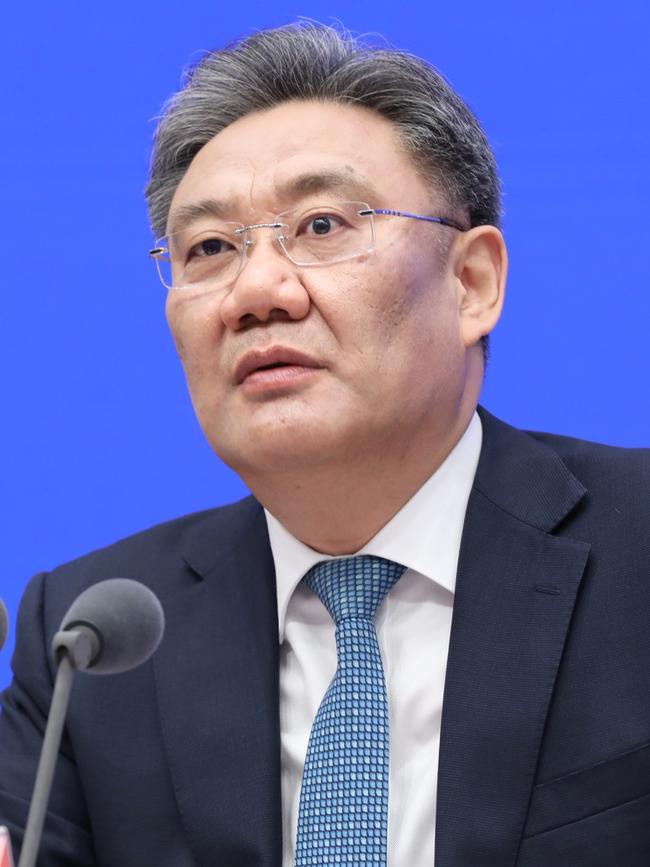
While no date has been locked in, Senator Farrell told The Weekend Australian on Friday: “I made it very clear right from the day I took over this job seven months ago that we would much prefer to sort this out with China through dialogue and discussion rather than arbitration through the World Trade Organisation.
“I look forward to discussing this with my colleague in China as soon as practicable.”
A spokeswoman for Senator Ayres said he had used the meeting overnight to raise the “importance of co-operation to deliver the outcomes of the World Trade Organisation’s 12th Ministerial Conference, and the removal of current impediments affecting Australian exports to China”.
Senator Farrell made clear late last year the Albanese government was prepared to withdraw two WTO cases against China if Beijing showed “goodwill” in dropping its trade bans against Australia. He said if China overturned its trade bans, it would also send a message to Trans-Pacific Partnership nations not convinced of Beijing’s commitment to free trade rules.
Chinese state news agency Xinhua also reported that a video meeting between the two trade ministers would take place “in the near future”.
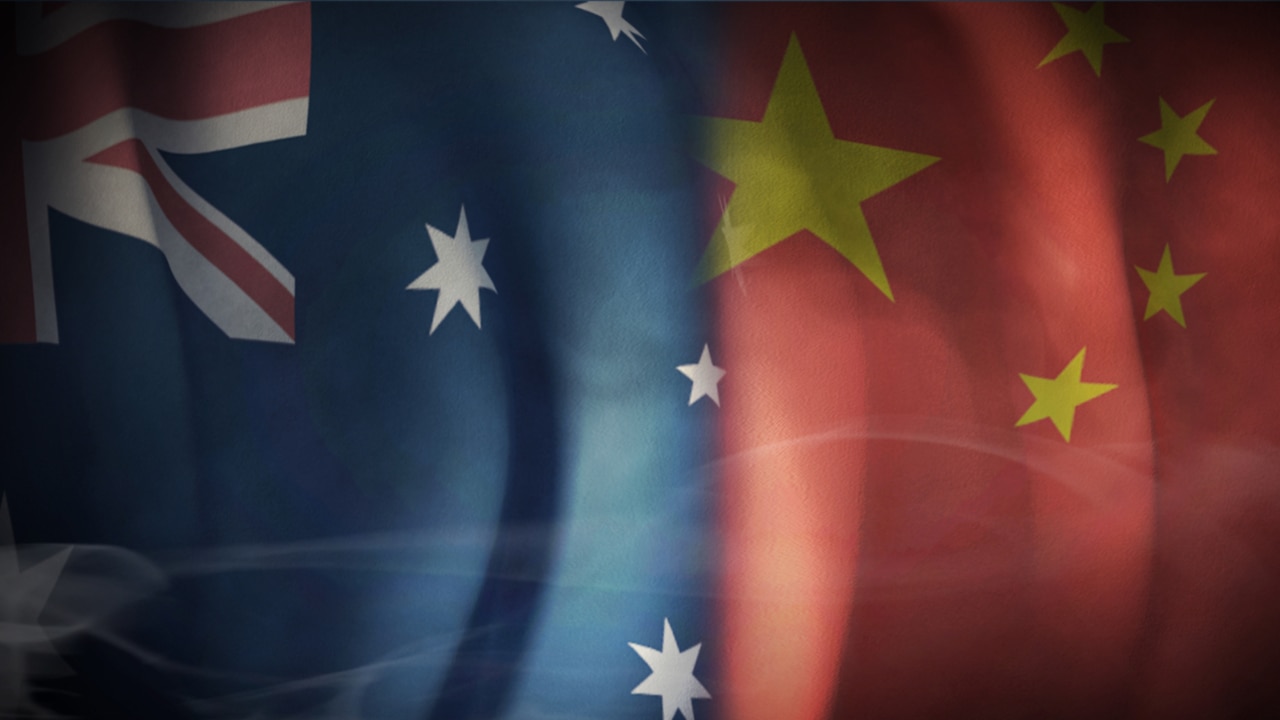
If the meeting goes ahead, it will be the first official conversation between the heads of trade of both countries in more than three years, during which China imposed restrictions and sanctions on Australian exports worth $20bn a year.
Beijing has responded more positively to what it calls the Albanese government’s “pragmatic approach” to China, and there are positive signals emerging that the black-listing of some products, such as lobster, could end.
Chinese ambassador to Australia Xiao Qian used a press event in Canberra this month to endorse trade disputes being resolved bilaterally rather than through the WTO, where Australia has lodged complaints against China’s tariffs on Australian wine and barley. “I would hope that as we are improving relations, that you have more encouragement to the Chinese economy, to the Chinese customers to come back for a stronger appetite for Australian products,” Mr Xiao said.
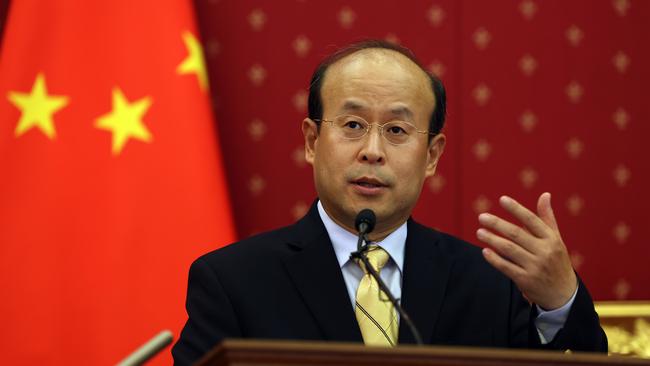
Foreign Minister Penny Wong said on Friday it was possible for the relationship with China to grow “in a way that is consistent with both of our national interests if we navigate our differences wisely”.
“I think it is in China’s interests as well as Australia’s interests for the barriers to trade, the impediments to trade, to be removed,” she told Sky News. “We think it’s better for China and Chinese consumers for that to occur. In the meantime, obviously Australia, Australian business, has done a very good job in seeking to diversify its markets.
“That’s good. That’s about economic resilience and ensuring, in a globalised economy, you’re able to export goods and services to a range of export markets.”


